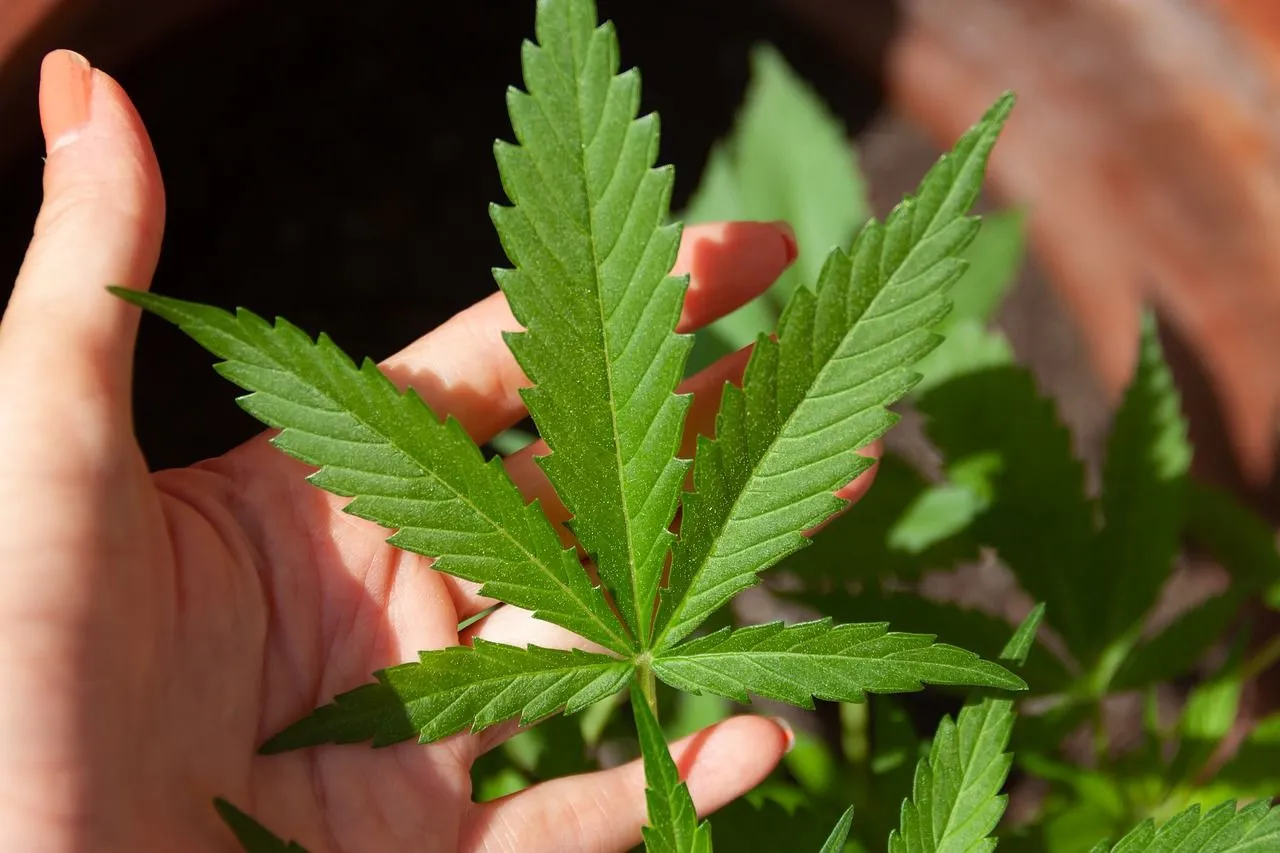Low-dose THC could reverse brain aging
Published by Cédric,
Article author: Cédric DEPOND
Source: ACS Pharmacology & Translational Science
Other Languages: FR, DE, ES, PT
Article author: Cédric DEPOND
Source: ACS Pharmacology & Translational Science
Other Languages: FR, DE, ES, PT
Follow us on Google News (click on ☆)
By administering low doses of THC over an extended period to elderly mice, scientists observed an improvement in cognitive functions as well as a reduction in metabolic signs of aging.

Illustration image Pixabay
The researchers focused on the cellular pathway mTOR, a key protein that regulates cellular metabolism and aging. The study found that THC initially stimulates mTOR activity in the brain, promoting the production of energy and synaptic proteins essential for the formation and maintenance of neural connections. This increased brain activity is followed by a decrease in mTOR activity in other tissues, such as fat and blood, mirroring the beneficial effects of a low-calorie diet.
To conduct this research, scientists administered THC to mice for 28 days, monitoring the effects of this treatment on their brain functions and metabolism. The results show that THC treatment temporarily increased mTOR activity in the hippocampus, a critical brain region for learning and memory. Furthermore, this stimulation led to an increase in synaptic proteins, such as synaptophysin and PSD-95, thus strengthening neural connections.
Surprisingly, the researchers also noted a decrease in mTOR activity in the adipose tissue of treated mice, similar to the effects of a low-calorie diet. This reduced activity could contribute to the observed anti-aging effects. This dual effect of THC could explain its potential to protect the brain from aging while regulating metabolic processes in the body.
However, the results of this study, while promising, should be approached with caution. The animal model used has significant differences from humans, and further research is needed to determine if these effects can be replicated in humans. Additionally, the study raises questions about the long-term safety of THC use, particularly regarding optimal dosages and potential side effects.
This research paves the way for new therapeutic approaches to combat age-related cognitive decline by exploring the potential protective effects of THC on the aging brain.